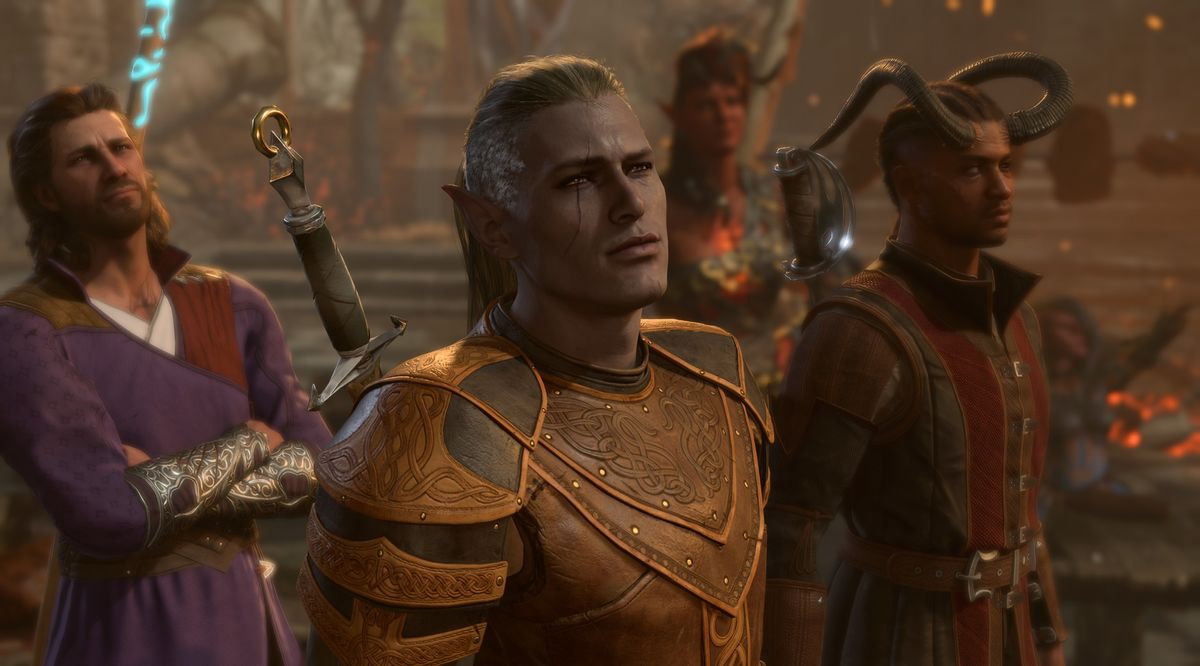At the Sofia Game Jam, Mihail Kostov from Larian Studios talked about the detailed work involved in making a game like Baldur’s Gate 3. He explained how they deal with rare situations, or “edge cases,” that could mess up the game.
Even though these situations affect only a few players, it’s important for the game to stay playable and consistent no matter what. Kostov’s talk showed how much effort goes into handling even the most unlikely player actions.
The presentation coincided with discoveries by Proxy Gate Tactician, who found new fail-safes and an unresolved soft lock related to losing key items, like the Netherstones, in Baldur’s Gate 3. Kostov’s talk included a specific example of a safeguard—a group of kobolds capable of recovering lost Netherstones from a destroyed factory.
This example illustrates the depth of planning Larian employs to handle potential player errors or oversights, underscoring the intricate mechanics behind the game’s design.

Larian defines edge cases as scenarios where player actions push the game systems to their limits. The studio’s objective is to ensure that the game remains fully playable from start to finish, despite the myriad ways players might interact with or challenge the system.
This is balanced against the goal of fostering and rewarding player creativity, ensuring that choices have meaningful consequences. This aligns with Larian’s approach to creating content that is rarely discovered but deeply rewarding for those who do.
Hostov outlined several potential challenges in Baldur’s Gate 3, including the ability for NPCs to be attacked, knocked out, or otherwise affected in various ways. Important items can be lost or moved, dialogues might fail or be interrupted, quests can be completed out of order, and characters can be in different locations.
These issues create a vast array of possible exploits and loopholes, which Larian needs to anticipate and address to maintain game stability and narrative consistency.
An example Hostov provided involved preventing players from bypassing checkpoints by using stealth tactics while another character engages with guards. Larian’s solution involved adding multiple guards with escalating warnings for crimes like trespassing. Such fixes are categorized as “boosters,” minor adjustments that help ensure smooth gameplay without fundamentally altering the core experience of the game.
One notable example of supporting player creativity despite potential exploits involved a questline related to Lae’zel and the Githyanki leader Voss. Players discovered a way to obtain a powerful sword earlier than intended by using the Heat Metal spell.
Rather than blocking this exploit, Larian chose to support it by adjusting the game’s dialogue and content to accommodate the early acquisition of the weapon. This approach, which included rewriting lines and recording new voice work, reflects Larian’s commitment to embracing and enhancing player-driven discoveries.







